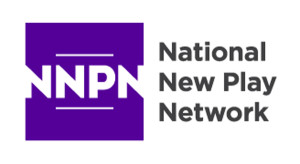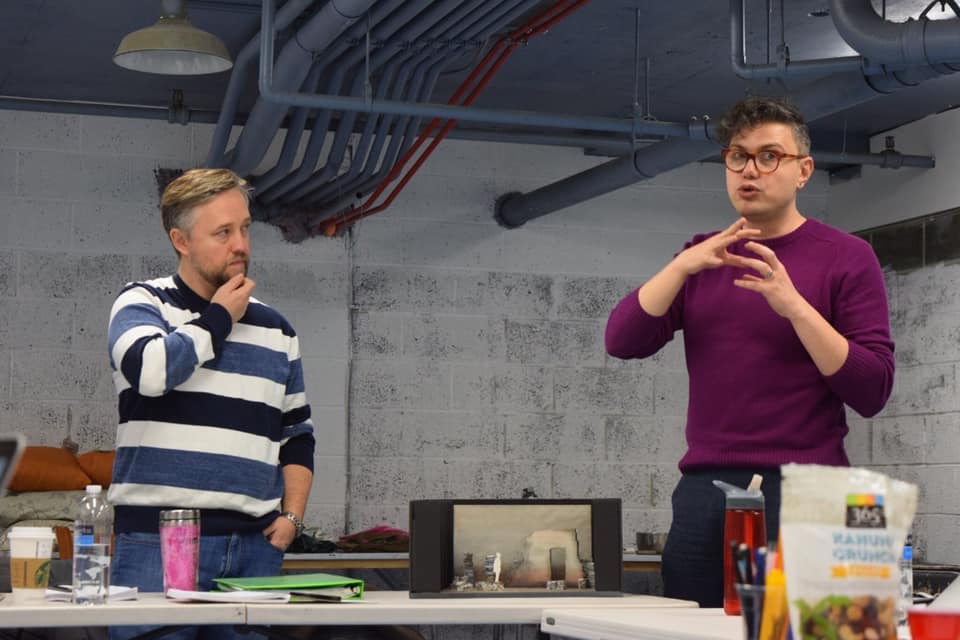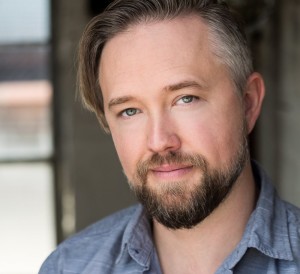
When Shakespeare first produced The Merchant of Venice at the Globe Theatre in London (probably 1596–97), or when Arthur Miller’s Death of a Salesman premiered at the Morosco Theatre on Broadway (on February 10, 1949), each of those venues went into history as the theater that opened the doors for a powerful play.
Because of the challenging economic situation of the arts in the US in our time, a solution had to be found to bring in more audiences through world premieres—especially for small and medium-sized theaters—that would put those cultural institutions on the world premiere map more than before without breaking the bank.
 Given the need of quite a few theaters to present lucrative world premieres that tend to attract more audiences than local premieres, the theater industry in the US came up with the concept of “rolling world premieres.” This process would allow a number of smaller theaters to market new plays as world premieres.
Given the need of quite a few theaters to present lucrative world premieres that tend to attract more audiences than local premieres, the theater industry in the US came up with the concept of “rolling world premieres.” This process would allow a number of smaller theaters to market new plays as world premieres.
On top of the perceived or real advantages, this process would also allow a playwright to work on the script with different directors, artistic teams, and actors and fine-tune the play even further.
Rolling world premieres
To attract audiences with new plays, theaters found that more theater goers were willing to attend a “world premiere” than a play that had already been performed in another city. As a result, a number of US theaters formed the National New Play Network (NNPN) in 1998 with the goal of offering “rolling world premieres” (RWP), which started in 2003-2004, allowing multiple theaters to share in the opening of a new American drama.
 “NNPN’s flagship initiative, the ‘rolling world premieres’ (RWP) program, is shifting the new play paradigm of the one-and-done premiere to a diversified, traveling, multi-production premiere. The RWP program models a process for developing and producing new plays—one that results in stronger work overall,” according to the official definition of the NNPN.
“NNPN’s flagship initiative, the ‘rolling world premieres’ (RWP) program, is shifting the new play paradigm of the one-and-done premiere to a diversified, traveling, multi-production premiere. The RWP program models a process for developing and producing new plays—one that results in stronger work overall,” according to the official definition of the NNPN.
The “original intent was to insure that plays didn’t essentially end after their premieres, good or bad reviews notwithstanding. The industry experienced what we call ‘premieritis’ in the early 2000s where theatres wouldn’t touch a play that had already been premiered. The rolling world premiere was meant to combat this problem,” as multiple award-winning playwright Gabriel Jason Dean pointed out.
The “rolling premiere” structure of the NNPN goes beyond Hollywood’s “focus group” system by actually allowing writers the opportunity to experience their plays with different directors, different actors, and different creative and tech teams in each theater, so that the playwrights can, in discussion with everyone involved, fine-tune their script for each production in this “world premiere” series, or as the NNPN puts it:
“Each RWP supports three or more theaters that choose to mount the same new play within a 12-month period, allowing the playwright to develop a new work with multiple creative teams in multiple communities. The playwright is part of the process, working on the script and making adjustments based on what is learned from each production.”
 The evolution of Heartland through the “rolling premiere” process
The evolution of Heartland through the “rolling premiere” process
InterAct Theatre Company, under the leadership of artistic director Seth Rozin, one of now NNPN’s 125 member theaters in the US, “was the original commissioning theatre. Because of their schedule, they just happened to go last in the rolling world premiere. It was most fortuitous though. Going last means you gain the knowledge from all the other productions,” as the Heartland playwright explained.
The first world premiere began its roll of the much talked about Afghan-American play at Geva Theatre in Rochester, NY. Then it premiered at New Rep Theatre in Boston, MA, followed by the VORTEX in Austin, TX. The fourth and final world premiere took place at InterAct Theatre Company in Philadelphia.
After that world premiere, it opened at Luna Stage in West Orange, NJ, as a regional premiere.
Each production consisted of an entirely different team, and, as a result, became a new version of Heartland. “I tinkered with the play throughout the rolling world premiere to get it into the shape you saw at InterAct,” Dean pointed out. “There were no massive rewrites, but I did end up focusing a lot on transitions and how the play moves through space and time.”
I asked Dean whether he had made any changes to the script and/or the stage directions as a result of the work with the director, Evren Odcikin, at InterAct. Describing Odcikin as an incredibly gifted director who has a keen eye for the way a play moves, Dean shares that, as part of the collaborative process, “with him, I did the most rewriting on the transitions.”
Asked for an example, Dean presents a notion about playwriting that some people might misinterpret as elitist, even though the two collaborators wanted to reach out to the audience with powerful scenes that keep the emotional flow alive: “Evren was adept at helping me make sure I was writing for the smartest person in the room, cutting out information that might have helped to contextualize the story, but wasn’t exactly right for the emotional integrity or flow of the moment.”
Both the playwright and the InterAct director of Heartland worked together pre-rehearsal and during rehearsals. “I always have an ear tuned to the music of the play, pace, and flow and certainly made small changes throughout the process, even up to our final preview.”

To roll world premieres or not, that is the question
PROS: Rolling world premieres tend to bring in more audiences than local premieres.
They give playwrights a chance to work with totally different directors, actors, and artistic and tech teams.
World premieres can lead to more press reviews than local productions.
CONS: Some theater goers may feel duped when they realize that the same play was world premiered in another state.
Playwrights are legally obligated to work intensely with a number of directors, actors, and artistic and tech teams—a challenging and time consuming activity.
Personal view
Having experienced two staged readings of Heartland at PlayPenn where the script was developed, I liked it a great deal. Seeing it now in a polished production in the fourth advanced version, produced at the InterAct Theatre Company, I knew that it had reached a world class level and could easily be performed abroad.
What’s more, this script could also become a powerful film which would give viewers access to a subject that could not be discussed in most Islamic societies. However, through a movie, accessible on the internet, viewers could become aware of changing perceptions of inter-religious, inter-cultural, and inter-generational subject matters in societies in which women and minorities are still oppressed.
The playwright
 Gabriel Jason Dean is an award-winning playwright and screenwriter whose plays include In Bloom, Qualities of Starlight, Terminus, The Transition of Doodle Pequeño, and Heartland. He has written the book and lyrics for the musicals Mario & the Comet and Our New Town. His screenplays include Pigskin and D’Angelico.
Gabriel Jason Dean is an award-winning playwright and screenwriter whose plays include In Bloom, Qualities of Starlight, Terminus, The Transition of Doodle Pequeño, and Heartland. He has written the book and lyrics for the musicals Mario & the Comet and Our New Town. His screenplays include Pigskin and D’Angelico.
Dean’s scripts are published through Samuel French, Dramatic Publishing, and Playscripts. He is on faculty for Spalding University and Visiting Writer in Residence at Muhlenberg College. MFA: UT-Austin Michener Center for Writers. He grew up in Chatsworth, GA, and currently lives in Brooklyn, NY.
